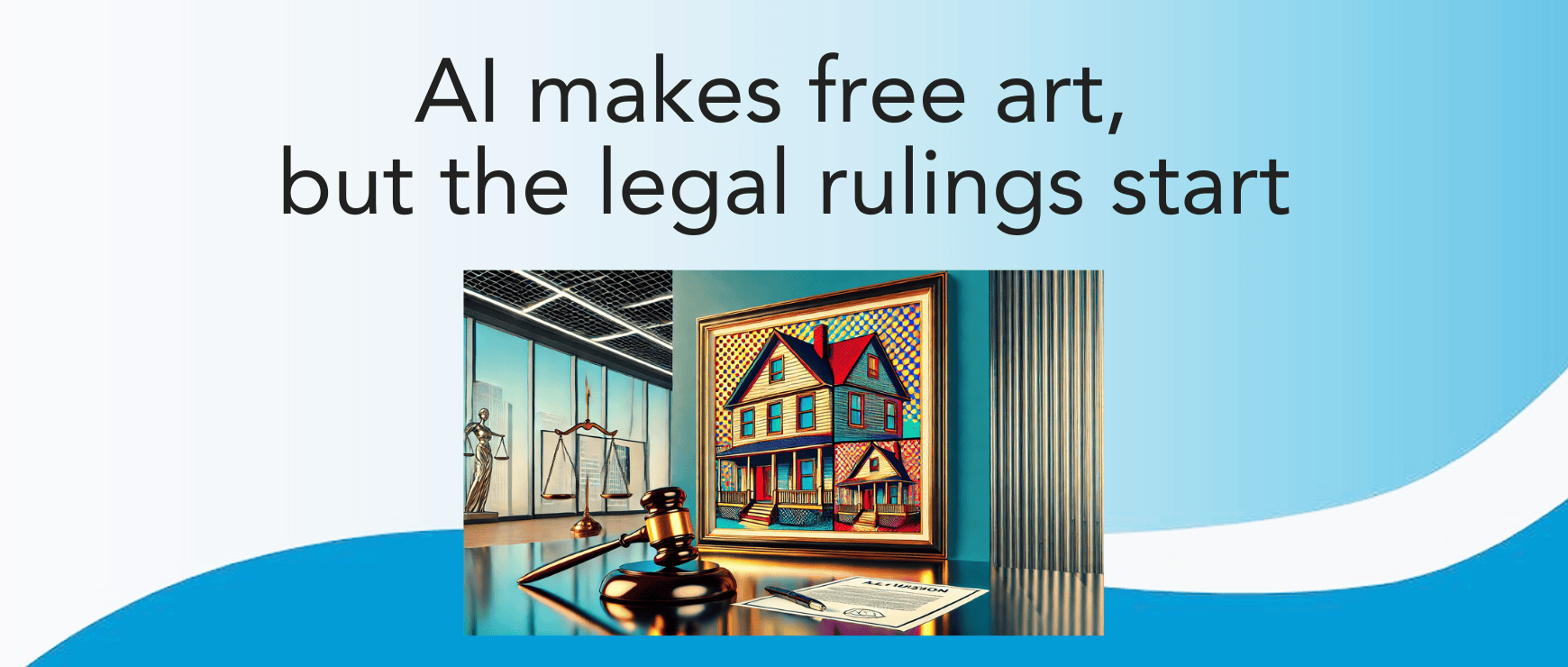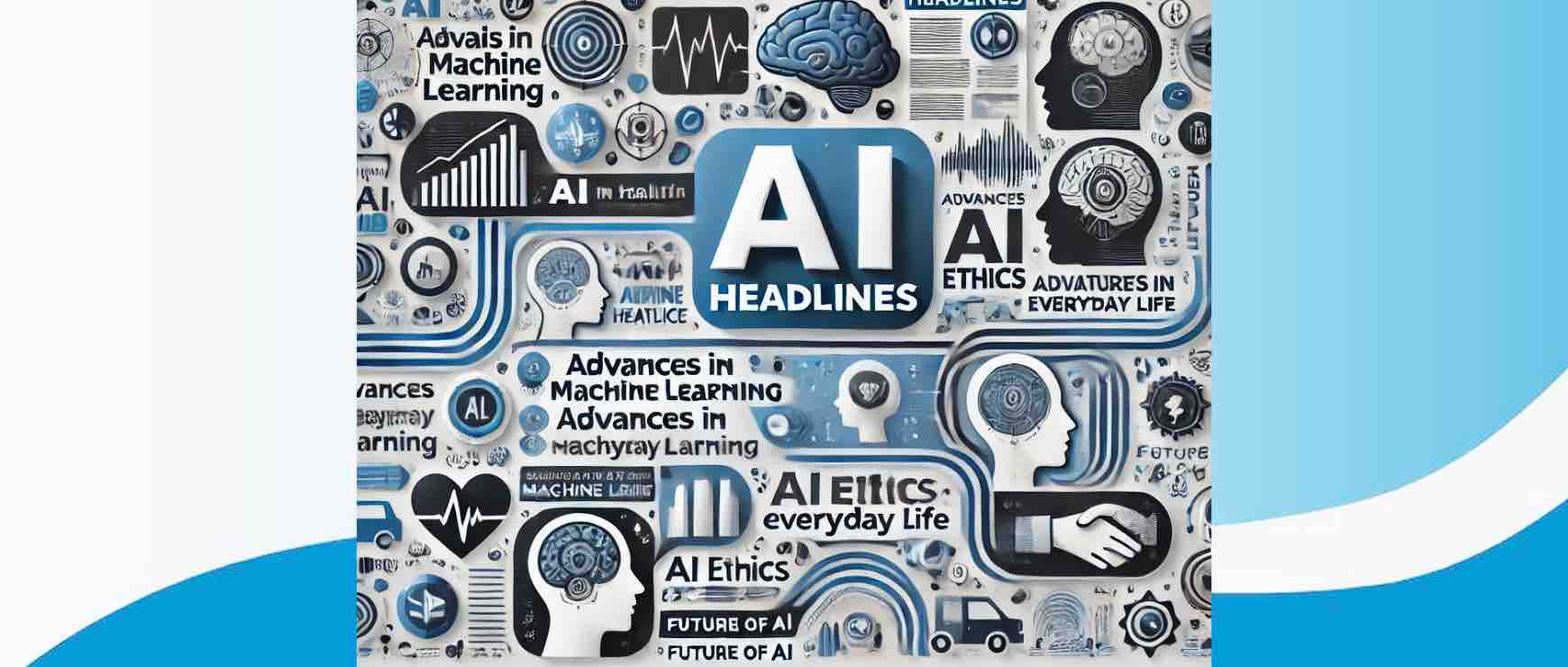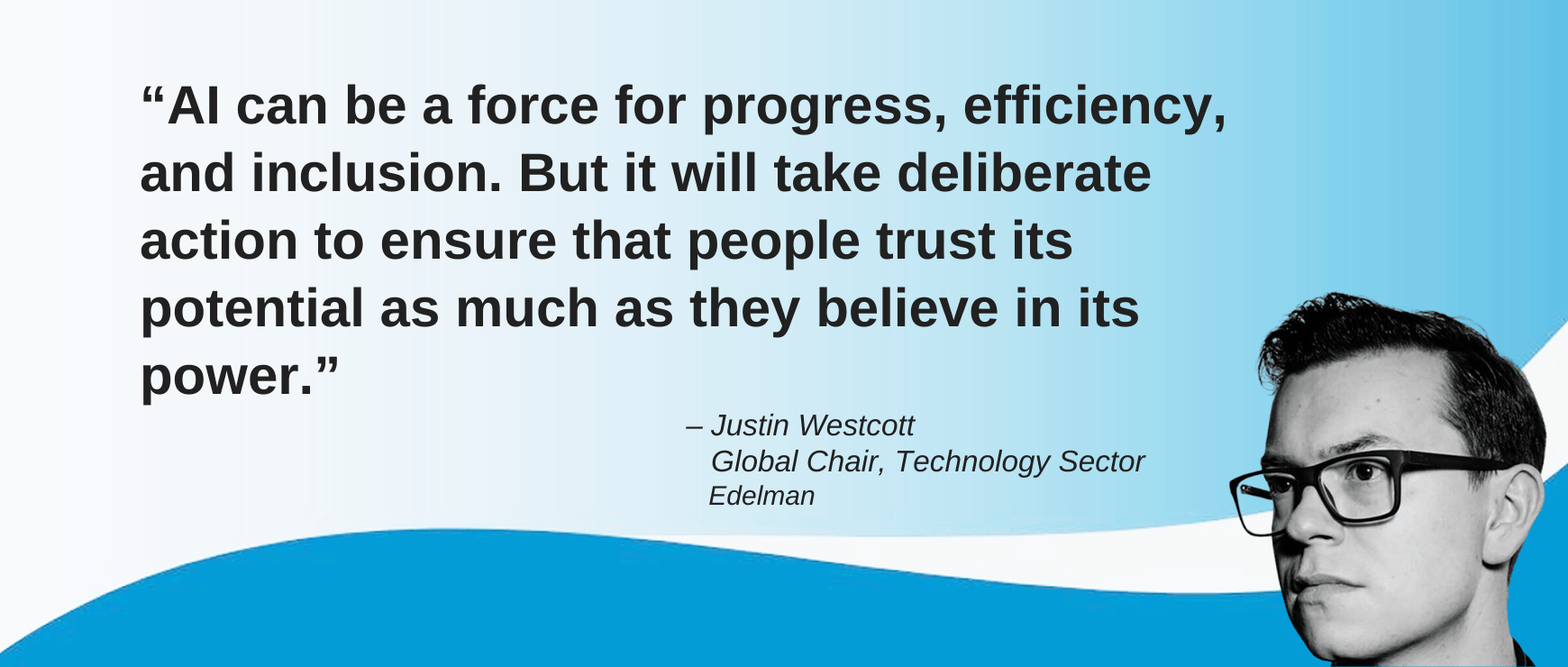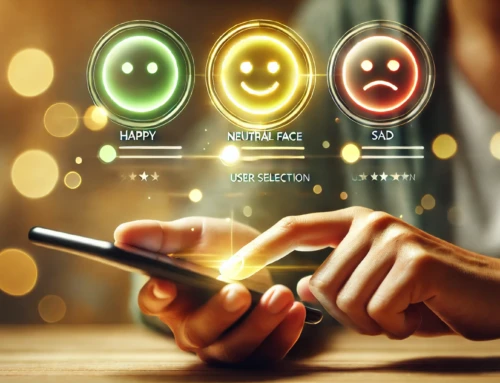By Kevin Hawkins with Korey Hawkins | Vol. 3 Issue 7
REAL AI is a human-created weekly roundup of all things related to artificial intelligence in real estate and emerging AI innovations in other sectors likely to impact our industry.
WARNING: Beginning March 3, this content will only be available via our free newsletter, delivered by email every Monday, so please subscribe here!
Are AI companions infiltrating Valentine’s Day? The statistics say absolutely: one in four young adults think AI boyfriends and girlfriends could replace real-life romance. AI companion apps are booming, with industry researchers expecting a 10x growth rate over the next 10 years.
This year, text-based AI companions are expected to dominate the market, with a share of 45%. There are over 1.6 million English-language searches per year seeking AI chatbot girlfriends. The US leads in AI relationship searches with 693,600 yearly cumulative lookups.
And it’s not just the US: In August 2024, over four million unique devices used the Chinese AI companion application Xingye.
The global AI companion market size last year was estimated at over $28 billion and is expected to triple by 2030.
Experts say one contributing factor is a surge in loneliness, exacerbated by the pandemic. In the UK, nearly 1 million people are relying on so-called digital companions.
The Telegraph reports that the Institute for Public Policy Research (IPPR) says that “society is already being changed by AI,” estimating that as many as 930,000 Brits had used the Character.AI digital chatbot app alone.
The article notes that the Replika app has around 30 million users worldwide, and the Character.AI has an audience of 20 million, mostly Gen Z internet users, according to the IPPR. Millions of people have also used Snapchat’s My.AI service, a digital companion built into the popular messaging app.
Real estate agents need to be aware of the cultural trends in AI that impact their clients. After all, AI isn’t just playing Cupid for Valentine’s Day – it’s becoming the date! (-Kevin)
AI makes free art, but the legal rulings start
Klarna is a Swedish firm that helps consumers defer payment on purchases. It’s about to go public in the US with a $15+ billion valuation. They leverage a ton of generative AI, including text, images, and video. You’d swear their creativity was the work of human artists, but it’s by a bot.
According to a NY Times report, Klarna says it has saved about $10 million annually using AI:
- In-house lawyers generate standard contacts in 10 minutes versus an hour.
- Its PR group uses AI to classify press coverage as negative or positive.
- For customer service, its chatbot does the work of 700 humans, resolving cases an average of nearly 20% faster than a human.
- To announce 3rd Quarter earnings, they created an AI video of their CEO.
- Klarna stopped hiring in September 2023, shedding 1,000 employees; their target is to use AI to cut their workforce in half from 4,000 to 2,000 people.
Klarna CEO Sebastian Siemiatkowski Tweeted about using AI in marketing, boasting a declining need for photographers. “That had a violent reaction online,” he told the Times.
Separately this last week, a court ruled in favor of a major publisher in an AI copyright case for the first time, with Thomson Reuters securing a legal victory against Ross Intelligence.
The lawsuit, which centered on Ross using Westlaw’s proprietary legal content to train its AI-powered research tool, marks a pivotal moment in the ongoing battle over intellectual property in the AI era. Ironically, Ross is no longer in existence.
The ruling reinforces that AI companies can’t simply scrape and repurpose copyrighted material without permission. This could have ripple effects across industries, from media to real estate.
Real estate agents want to keep an eye on this trend as AI image and video tech are exploding, but so are the lawsuits and the rulings that could impact the AI-generated art, and video agents are now using royalty-free. (-Kevin)
- 66% of organizations in 2024 stated they’re deploying security AI and automation across their security operations center – IBM
- 89% of business representatives say that regulations and standards should be developed for the use of AI and generative AI within their sector – Alteryx
- 46% of companies said they are working with external partners to deal with AI regulatory uncertainty – Deloitte
- 53% of IT professionals said the top global concern is ChatGPT’s ability to help hackers craft more believable and legitimate sounding phishing emails – BlackBerry
- 82% of ethical hackers believe the AI threat landscape is evolving too fast to adequately secure – Bugcrowd
Source: Secureframe (-Korey)
AI Headlines

Google expands NotebookLM Plus to individual users | 2/10/25 TechCrunch
Google One AI Premium users will be able to access NotebookLM Plus at $20 per month ($10 for college students).
AI tech and MLS of Choice requires parity: How San Francisco Association of Realtors are doing that with Restb.ai | 2/13/25 WAV Group
Choice only matters if there’s parity across platforms that MLSs offer agents, notes Marilyn Wilson.
7 Companies Building Leading AI Agents | 2/7/25 US News Money
Learn more about the organizations utilizing Agentic AI to better serve customers.
The work tasks people use Claude AI for most, according to Anthropic | 2/13/25 ZDNet
Anthropic’s Economic Index dives into who is using Claude and what tasks they use it for.
YouTube is going to let you put AI-generated video clips in Shorts | 2/13/25 The Verge
Google continues to integrate its AI tools into YouTube.
Even the Most Advanced AI Has a Problem: If It Doesn’t Know the Answer, It Makes One Up | 2/12/25 Futurism
AI would rather hallucinate answers than admit it doesn’t know everything. (-Korey)







